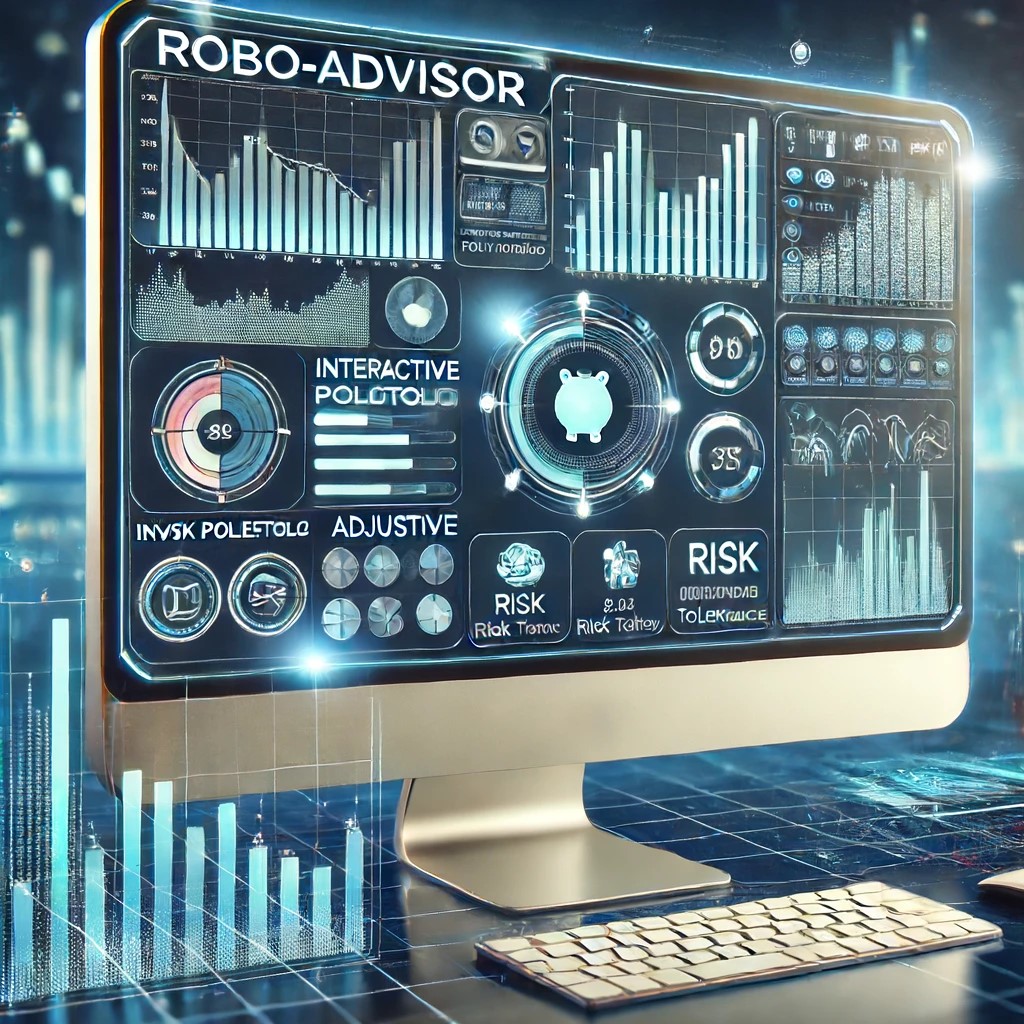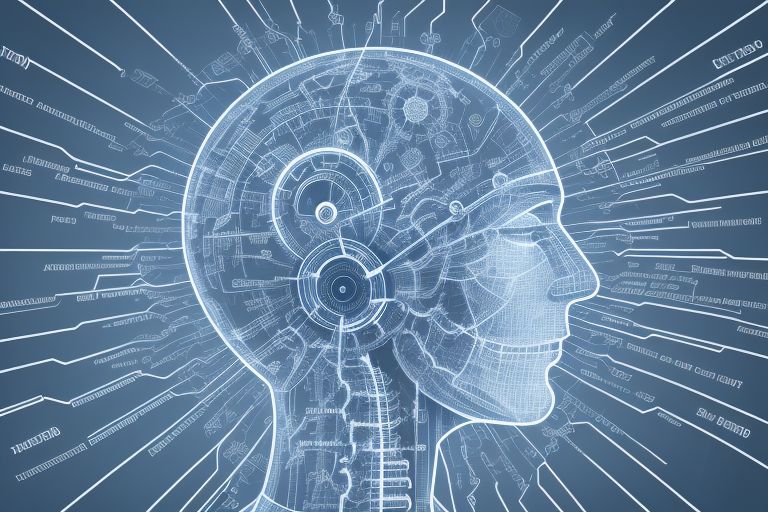In the rapidly evolving world of personal finance, artificial intelligence (AI) is becoming a pivotal ally. From budgeting and saving to investing and securing loans, AI is transforming the way we manage our finances. The integration of AI into personal finance management is not just about automation; it's about enhancing financial decisions and creating opportunities to grow personal wealth in ways previously unimaginable. This article delves into the current trends and future predictions of AI in personal finance, illustrating how individuals can harness this technology to optimize their financial health.

Current Trends in AI-Powered Personal Finance
Automated Financial Assistants: One of the most prominent trends is the rise of AI-powered financial assistants. These virtual advisors use natural language processing to understand and respond to user queries, providing personalized financial advice. For example, apps like Cleo and Plum analyze user transactions to offer tailored budgeting advice and savings tips. These tools learn from individual spending habits and make recommendations that help users achieve their financial goals more effectively.
Robo-Advisors for Investment: Investment management has seen significant disruption with the advent of roland advisors. These platforms, such as Betterment and Wealthfront, utilize algorithms to manage investments based on the user's risk tolerance and financial goals. They automatically adjust portfolios in real-time, optimizing for the best possible returns. This democratizes access to investment strategies that were once only available to the wealthy.

Future Predictions for AI in Personal Finance
Enhanced Predictive Analytics: The future of AI in personal finance looks promising with enhanced predictive analytics. AI will increasingly be able to predict future financial scenarios based on vast datasets. This will enable more proactive financial planning, allowing individuals to adjust their spending and saving strategies ahead of potential economic downturns or booms.
Integration with Internet of Things (IoT): As AI integrates more with the Internet of Things, personal finance management will become even more seamless. Imagine your refrigerator being able to track your food spending and suggesting budget adjustments or notifying you of upcoming sales to help with savings. Such integrations will extend beyond mere convenience, significantly impacting how we manage our daily finances.

Advanced Fraud Detection and Security: AI's ability to analyze patterns and recognize anomalies will lead to advanced security protocols for personal finance. As financial fraud becomes more sophisticated, AI will be crucial in detecting and preventing unauthorized transactions in real-time, offering a layer of security that adapulates dynamically to emerging threats.
Conclusion
The integration of AI into personal finance is transforming the landscape at an unprecedented pace. By automating routine tasks, providing personalized advice, and enhancing security, AI empowers individuals to manage their finances more effectively. As we look to the future, the possibilities for further integration of AI in personal finance seem limitless, promising a world where financial management is not only smarter but also more inclusive and accessible. Embracing AI in personal finance is not just about keeping up with technology—it's about moving forward with confidence in a financially sound future.






